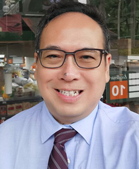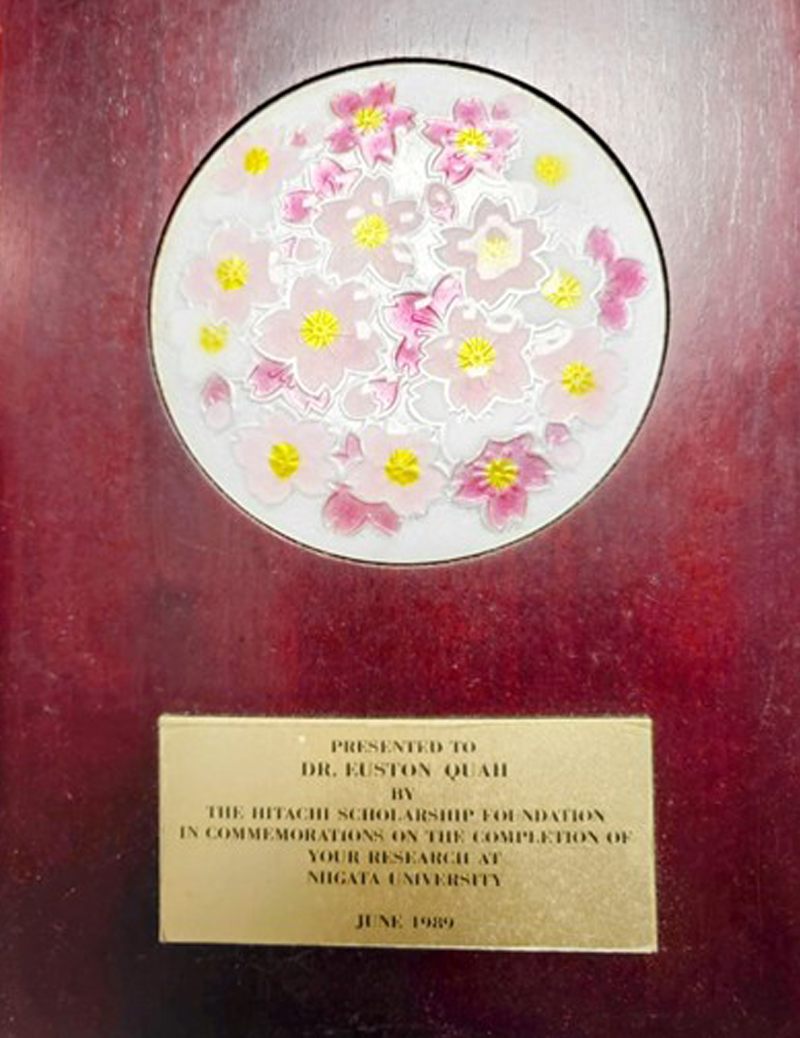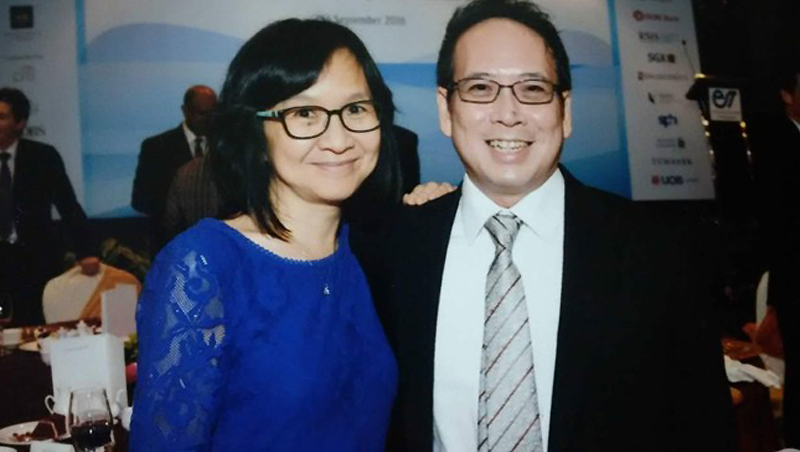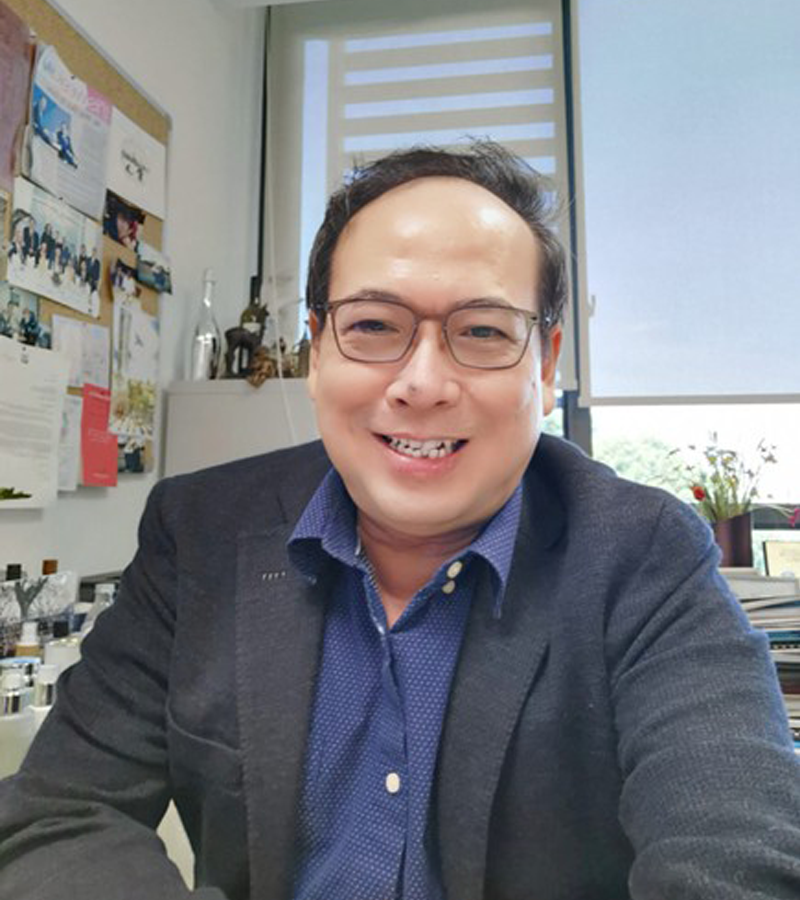
Euston Quah
Albert Winsemius Chair Professor of Economics
Professor of Cost -Benefit Analysis, and Environment
Director, Economic Growth Centre
NTU Singapore
Komai Fellowship, Niigata University, Japan (April–June 1989)
I am the Albert Winsemius Chair Professor of Economics and Director of the Economic Growth Centre at Nanyang Technological University (NTU). I previously served as Head of the Economics Department at NTU for 15 years, during which I significantly enhanced its global reputation. I also led the Economics Department at the National University of Singapore (NUS), making me uniquely experienced in heading two major university departments in Singapore.
Currently, I serve as President of the Economic Society of Singapore, a professional body for economists in the country.
I have published over 100 academic articles and 20 books, and my research focuses on cost-benefit analysis and environmental economics. I regularly advise various government ministries and international organizations, and I hold key positions on several boards and councils in Singapore.
In recognition of my contributions to economics and public service, I was awarded NTU’s Albert Winsemius Chair and Singapore’s Public Administration Medal (Silver).
I was the first Komai Fellow from Southeast Asia in 1989, and I visited Niigata University at the time for some months. I had a very good experience and learnt a lot during the time I was there. I also had the great opportunity to visit Hitachi headquarters and talk to the Chairperson of the Board of Hitachi as well.
During my time in Niigata, I was privileged to meet Professor Hirofumi Uzawa who was visiting Niigata University at the same time. In fact, my office was just next to his in the Faculty of Economics. At that time, I was a very young faculty member at the National University of Singapore. My host professor at Niigata was Professor Teruzo Muraoka, a quiet wonderful man who did labour economics and agricultural economics. Sadly, he, like Professor Uzawa, had passed away now but never forgotten.
I was taken care of and guided by Mr Yutaka Asamura, who at the time was the Managing Director of Hitachi Scholarship Foundation. He was a truly kind person and showed great warmth and hospitality to us as visiting scholars and fellows under the Hitachi Scholarship Foundation.
The opportunity to visit and do research at Niigata University was a great opportunity to widen horizons.
I was also involved in joint research with Professor Muraoka in a survey of small agricultural firms in Niigata prefecture, and I followed him visiting rural farms and interviewing household firms. I learnt a lot in conducting survey work. I also got opportunities to meet with local municipalities officers during the time.
I also had many discussions on Economics with Professor Hirofumi Uzawa. Professor Uzawa was a great mathematical economist who I understand was once nominated for the Noble Prize in Economics. I was privileged to have the opportunity to meet him then.
The visit to Niigata was actually my first introduction to Japan and my wife who later joined me during the visit. Both of us learned a lot about Japanese culture and traditions. Since we spent quite some time in Niigata, we noticed that it was quite different from popular places like Tokyo, Kyoto, and Osaka that everyone knows. In subsequent years, we continued to visit Japan frequently and had visited quite a number of places all over Japan. I also had the opportunity to give talks at various universities in Japan as well as participated in a number of conferences held there.
When I was visiting Kobe University in 2018, I also experienced a real earthquake of magnitude 6.1 which started in Osaka and hit Kobe. I remember vividly that I was woken up with a loud bang at 8am in the morning at Sheraton Kobe Hotel where I was staying. This is the first time where I experience the whole hotel shaking and it was a very frightening experience. Fortunately, it lasted for a very short while and there was no damage to the hotel. We often hear about buildings in Japan which are built in such a way that they can withstand earthquake shocks to some extent, and I can vouch that this is true after going through this experience.

Commemorative plaque for the completion of research activities

With my spouse at the event

In the university research office
This English newsletter, published several times a year, shares updates from The Hitachi Global Foundation, including recent activities and news from our Scholars. If you're interested, we warmly invite you to subscribe!
The Hitachi Global Foundation
Office of The Hitachi Global Foundation Asia Innovation Award